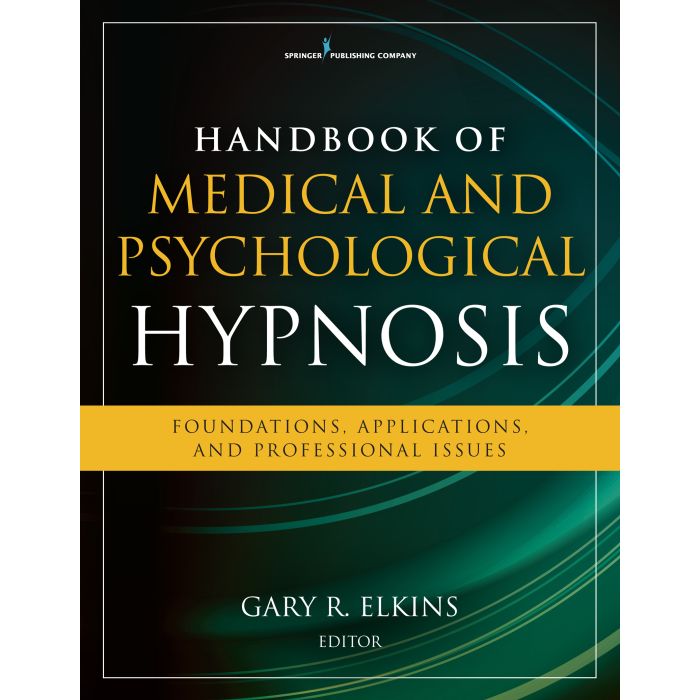While used abundantly in clinical work, self-hypnosis has been somewhat neglected as a subject of systematic study. An outstanding exception to this trend has been the work of Erika Fromm and her colleagues at the University of Chicago, who have for the last two decades extended the theoretical and empirical base of this technique. Now, key publications of this research group are compiled in one volume along with much new material by these authors, providing a full perspective on the development of their methods and theories. As such, SELF-HYPNOSIS is the first systematic, empirically oriented exploration of the phenomena and characteristics of self-initiated self-hypnosis. Moreover, its examination of self-hypnosis, taking the experiential rather than the behavioral approach, yields a more complete study of the aspects of the self that can unfold during hypnosis.
In the early 1970s, Fromm and her colleagues set out to answer several intriguing questions about self-hypnosis: What are the boundaries of the self-hypnosis experience? How does self-hypnosis compare with traditional hypnotist-present hypnosis? Can self-hypnosis be taught following the guidelines of traditional hypnosis? What type of individual is more susceptible to or skilled in self-hypnosis? This volume presents the methods and results of this group's work, an approach that has come to be known as the Chicago paradigm.











